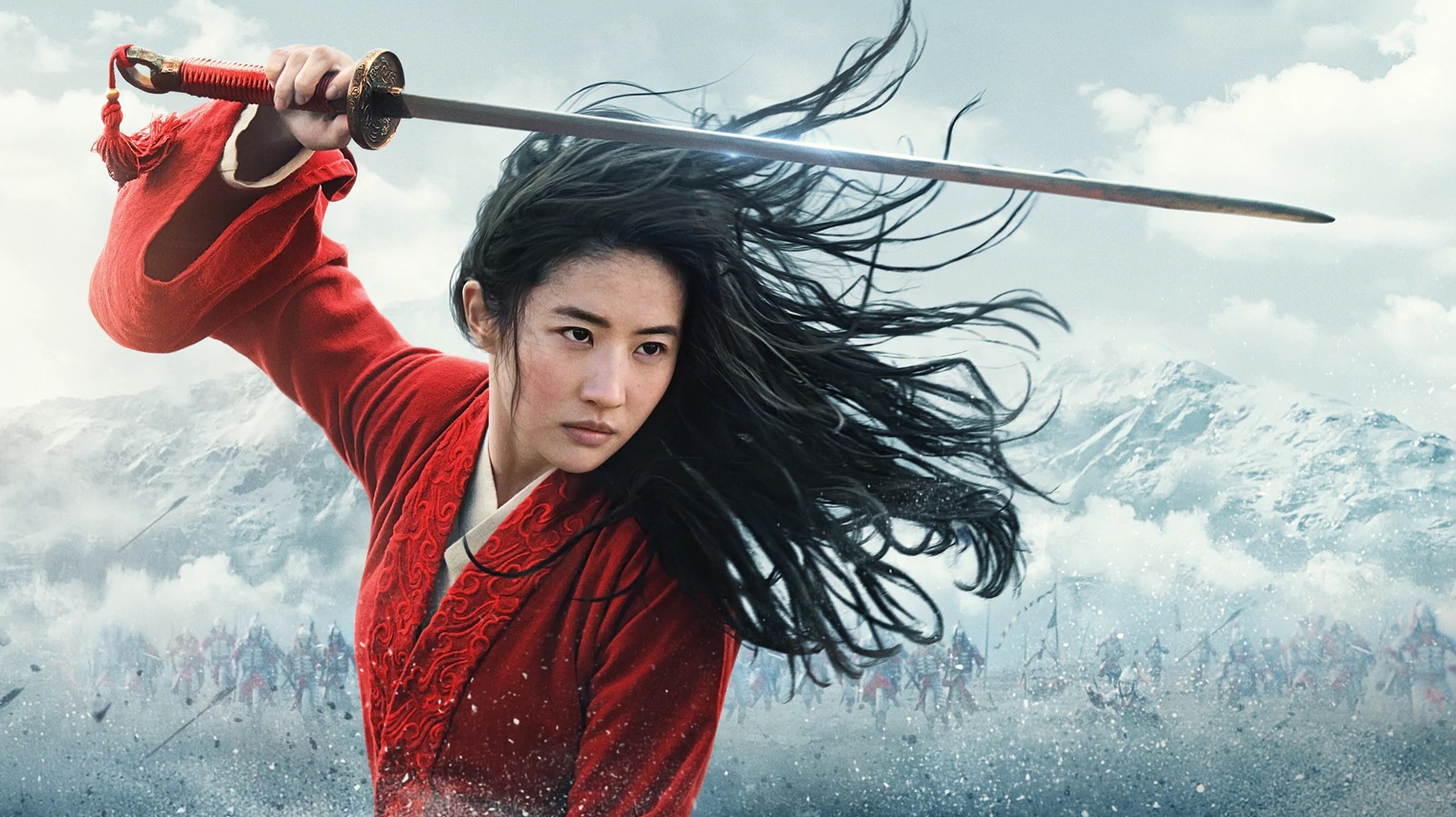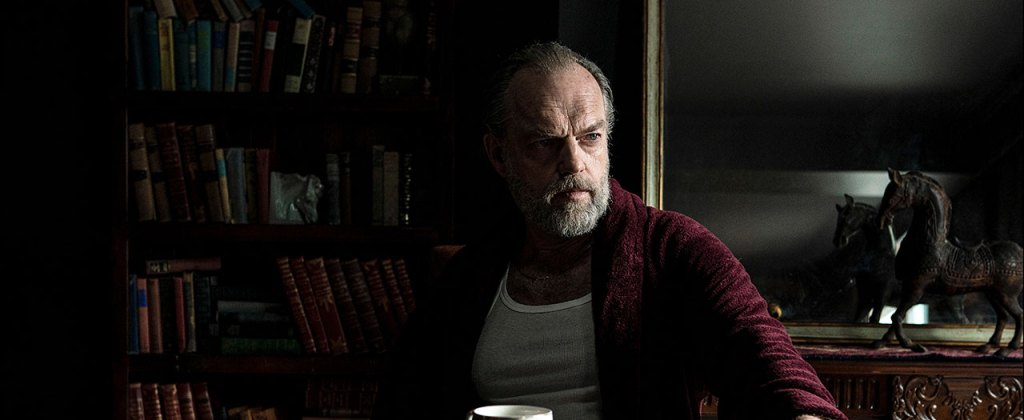Entwined
by Hope Madden
Aah, the woods. It is almost overwhelming in its defiance of civilization, its sheer magnitude of just plain nature. Shakespeare set his magic there, but a lot of horror filmmakers lean closer to Lars Von Trier’s proclamation: Nature is Satan’s church.
Making his feature debut as both director and co-writer, Minos Nikolakakis conjures a spooky fairy tale that makes much ado about nature.
Panos (Prometheus Aleifer), a city doctor looking for a simpler, more isolated existence, moves to a remote Greek village to become the town’s only (and apparently first) doctor. Winding through wooded, mountainous roads on his way to his new home he nearly runs down a lovely young woman, who promptly disappears back into the woods.
Once in the village, Panos discovers tight-lipped locals, superstition and boredom—all of which leads him on a quest to figure out who that girl in the woods might be.
It’s to Nikolakakis’s credit as a visual storyteller that so many familiar elements still work to cast a spell. The film explains very little. It sprinkles clues about, but relies on your familiarity with the way folk tales work to lead you into an unusual take on the genre. There’s nothing overstated or campy about Nikolakakis’s fairy tale trappings.
Aleifer’s understated charisma—his penetrating stare, his abiding sadness—creates a strong center for the story. A melancholy mixture of logic and longing, his bearing articulates the dizzying, frustrating mixture of emotions and circumstances that trap Panos.
Anastasia Rafaella Konidi’s earthy version of the succubus intrigues consistently. She vacillates between demanding and imploring, but never feels genuinely sinister. And we’re never entirely sure whether the doctor sees his plight in the woods as a dream or a nightmare, and that shifting reality generates dizzying dread.
The film’s weakest element is the presence of co-writer John De Holland in the role of Panos’s protective half-brother, George. The performance is shaky enough that the first act suffers badly—the first impression is of a movie not worth your time.
Luckily De Holland has considerably less screen time through the remainder of the film. Still, when George does appear intermittently he punctures the spell Nikolakakis and the remainder of the cast has conjured and it takes a while to recreate the mood.
The way the story resolves itself is a puzzle, and not an especially satisfying one. With Entwined, Nikolakakis boasts some impressive storytelling instincts, but there’s still room for growth.













